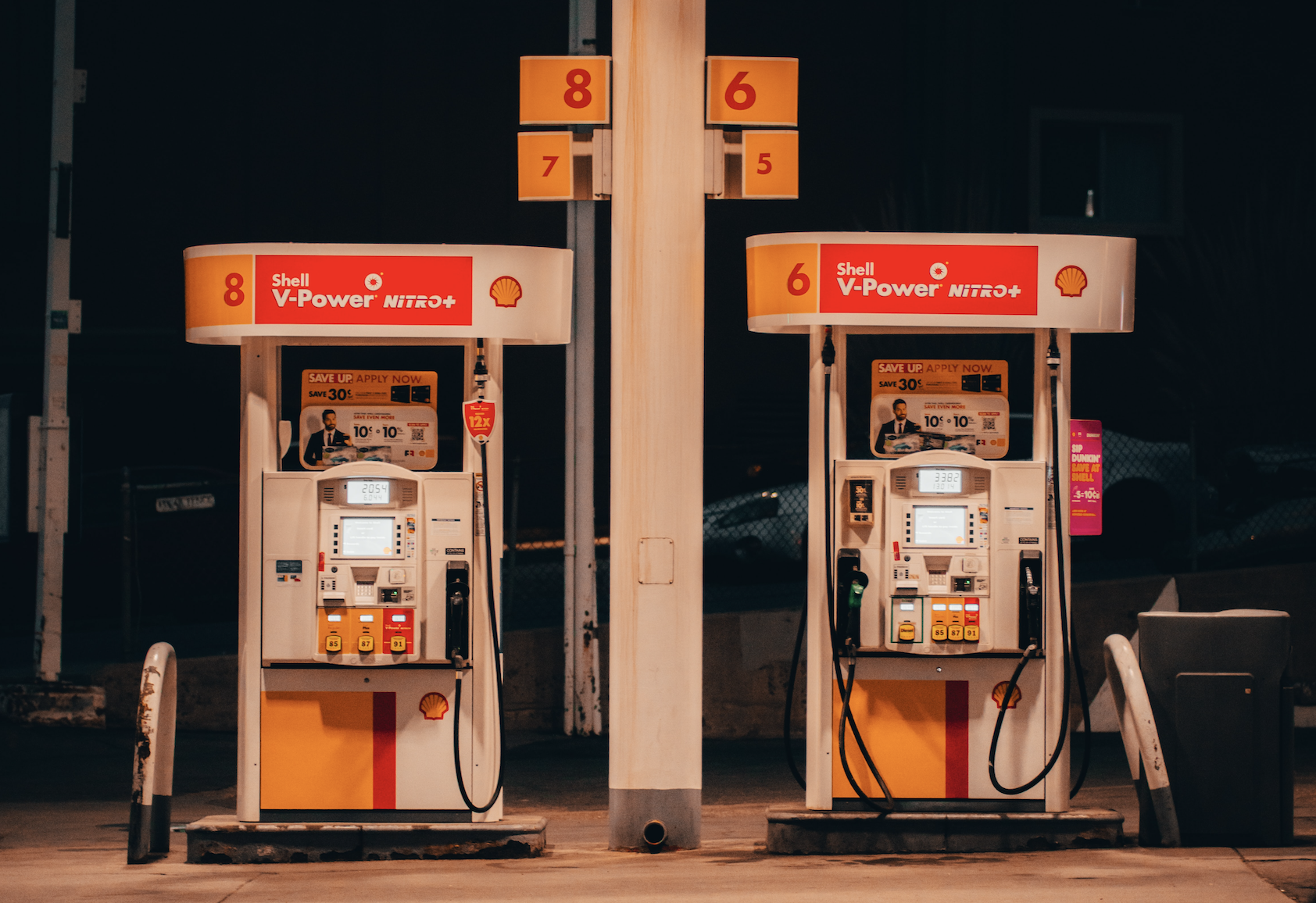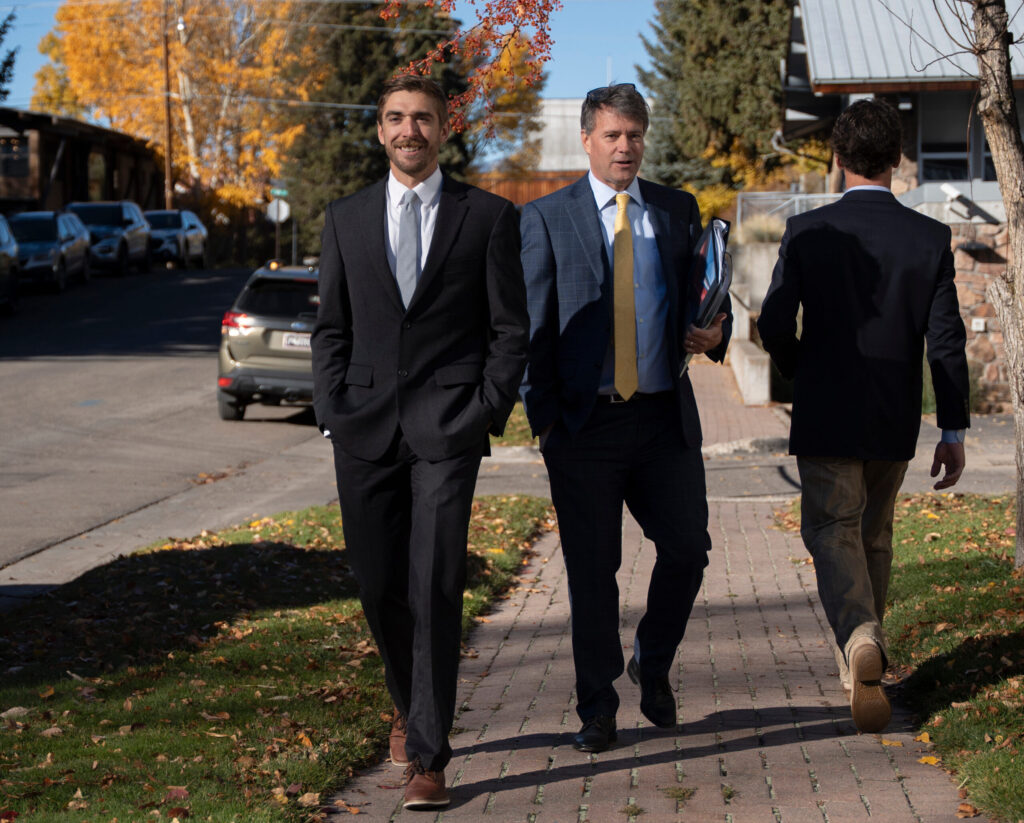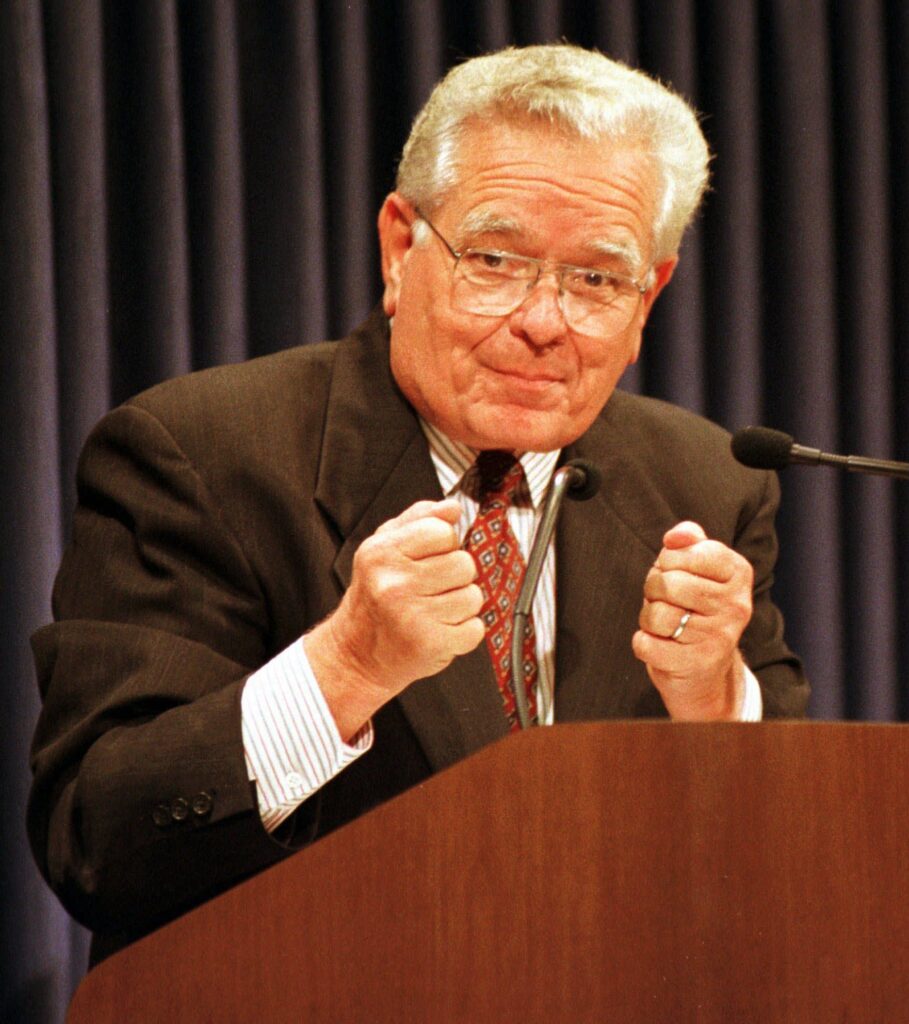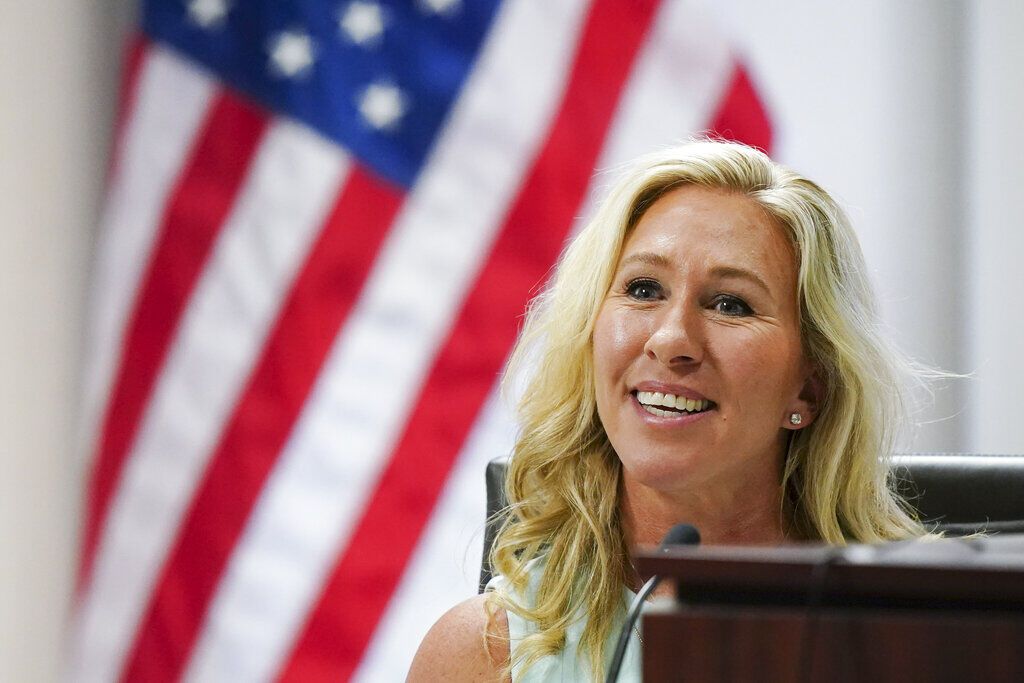Legislature approves bill to reduce, delay implementation of vehicle fees

State lawmakers passed a bill Monday to delay a gas fee and reduce a vehicle registration fee, a move that would save the average Coloradan just under $13 by the end of 2023.
If approved by Gov. Jared Polis, House Bill 1351 would delay the start of the phased-in road usage fee of $0.02 per gallon from July 1, 2022 to April 1, 2023. The bill would also decrease the road safety surcharge for vehicle registrations in 2023 by $11.10 – $5.55 more than the currently scheduled fee reduction.
This comes as, in March, the average gas price in Colorado hit $3.91 per gallon, nearing the all-time state record of $4.09 from 2008, according to AAA Colorado.
“This is going to help with the current rising costs in gas prices because of the unfortunate Ukraine invasion,” said bill sponsor Sen. Brittany Pettersen, D-Lakewood. “Unfortunately, we continue to see that increase.”
On Monday, the state Senate passed the bill in a 23-12 vote mostly along party lines, with all Democrats in support and all but three Republicans in opposition. Last week, the House approved the bill 38-25, with all Republicans voting “no” and all but one Democrats voting “yes.”
Republican opponents say Democrats are taking credit for delaying the gas fee that they established in the first place. The $0.02 per gallon fee scheduled to go into effect in July was created by SB21-260 – a Democrat-backed, $5.4 billion, 10-year plan to build out roads and bridges, create electric vehicle charging stations, boost mass transit and mitigate air pollution.
Sen. Paul Lundeen, R-Monument, called the new bill a “purely political” attempt to delay the fees past the upcoming election to avoid angering voters.
“When you realize you’re going in the wrong direction, the right thing to do is to turn around. Instead of turning around, this bill says, ‘let’s pause,'” Lundeen said. “I voted against the fees in the first place, I don’t think they should be here.”
Lundeen proposed four failed amendments to the bill that would have encouraged more oil and gas production in Colorado and extended the fee delay for one, two and three additional years.
Supporters of the bill said they are trying to locally respond to changing global conditions since SB21-260 passed last year. They pointed the economy’s recovery from the COVID-19 pandemic and the war in Ukraine as significantly rising the price of gas.
Sen. Chris Hansen, D-Denver, said his Republican colleagues were oversimplifying the complicated market to place the blame on Democrats, ignoring the “boom and bust” cycle of the oil and gas industry.
“To stand here and blame everything on our side of the aisle is convenient but simply not true,” Hansen said. “There are unused permits in Colorado right now. Investment went down because prices went down. And oh, by the way, there’s this little thing going on in Ukraine right now, you might have heard of it. It’s caused massive disruption to the global oil market.”
Other opponents said the small savings provided by the bill are not worth the trouble.
Though the state estimates the bill will save Coloradans a collective $79 million, it works out to about $5.55 in savings for annual vehicle registration fees and $7.20 in savings for gas for an average 24-gallon vehicle that fills up 15 times during the bill’s implementation period, according to calculations from bill sponsor Rep. Dylan Roberts, D-Eagle.
Under the bill, one-time federal COVID-19 relief funds would be used to offset the nearly $80 million decrease in revenue from the fee reductions.













